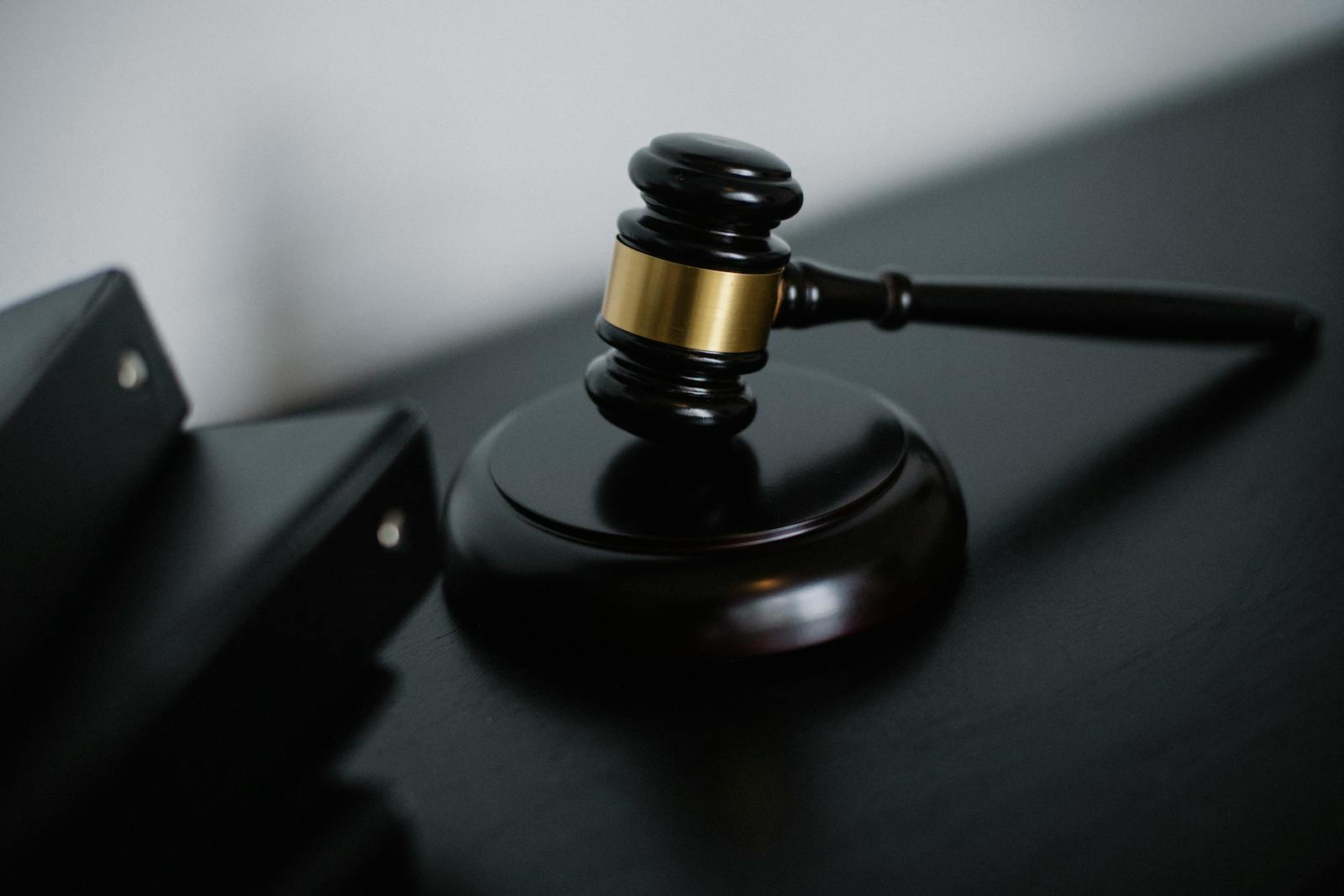Can President Donald Trump Pardon Himself on Federal Espionage Act Charges?
June 12, 2023 by The laWow Team
Understanding the Charges
As the country digests the news of the federal criminal charges against former President Donald Trump, involving his alleged mishandling of classified documents and obstruction of justice, a critical question arises: If Trump wins the 2024 presidential election, can Trump pardon himself?
Trump and his employee, Waltine Nauta, face allegations of unlawfully retaining classified documents, obstructing justice, and conspiracy. According to the indictment, the pair is accused of storing classified documents in cardboard boxes at the White House, later transferring them to The Mar-a-Lago Club in Palm Beach, Florida, where Trump purportedly showed the classified documents to unauthorized individuals, in addition to obstructing FBI and grand jury investigations.
Presidential Pardon Power: Unlimited but Not Unrestricted
The Constitution empowers the president “to grant Reprieves and Pardons for Offenses against the United States, except in Cases of impeachment”[1]. This has been interpreted by the Supreme Court as giving the president virtually unlimited power to grant pardons, with no oversight or limiting role for Congress.
While the president can pardon an offender at any point after a crime is committed and before, during, or after criminal proceedings have taken place, a presidential pardon cannot be issued for future crimes[1]. Furthermore, a pardon only becomes effective if accepted, and its acceptance “carries an imputation of guilt; acceptance a confession of it”[1].
However, despite the broad and largely unreviewable power of the president to pardon federal offenses, such pardoning power doesn’t extend to state offenses[1]. Meaning, a pardoned individual could still face charges at the state level[1].
The Unanswered Question: Can a President Pardon Himself?
The Supreme Court has not definitively addressed whether a president can pardon himself. An Office of Legal Counsel memorandum from 1974 concluded that the answer is no, though it left open the possibility of the president stepping aside temporarily under the 25th Amendment to allow the vice president to pardon him[1].
Consequences of Self-Pardon: A Hypothetical Scenario
Should Trump opt to pardon himself, it would be unprecedented in American history, potentially setting off a constitutional crisis and initiating a lengthy legal battle likely to reach the Supreme Court. While some constitutional scholars believe that the power to pardon is broad enough to include self-pardons, others insist that a self-pardon would be illegal, pointing to the longstanding legal principle that no person can be a judge in his own case.
It's worth noting that even if a self-pardon were upheld, Trump could still face charges in state court, given that presidential pardons only apply to federal offenses[1].
Furthermore, the act of pardoning oneself could also have significant political repercussions. While 81% of Republicans believe the charges against Trump are politically motivated[2], the act of pardoning oneself could be perceived by some as an admission of guilt, possibly influencing public opinion and impacting future electoral prospects[1].
The Road Ahead
As we follow this unfolding legal saga, the discussion around the self-pardon remains speculative. What is clear, though, is that such an act would undoubtedly thrust the country into uncharted constitutional waters, raising profound questions about the nature of presidential power.
With Trump leading the Republican nominating contest for the 2024 presidential election[2], any decision he makes now could have far-reaching consequences not just for his personal legal battles, but for the future of the American political landscape as well.
References:
- Amy Howe, The Supreme Court and the president’s pardon power, SCOTUSblog (Jan. 1, 2021, 3:38 PM), https://www.scotusblog.com/2021/01/the-supreme-court-and-the-presidents-pardon-power/
- Person, & Lange, J. (2023, June 12). Exclusive: Most Republicans see politics behind Trump indictment -Reuters/Ipsos poll. Reuters. https://www.reuters.com/world/us/poll-trump-holds-double-digit-lead-after-federal-indictment-reutersipsos-2023-06-12/
